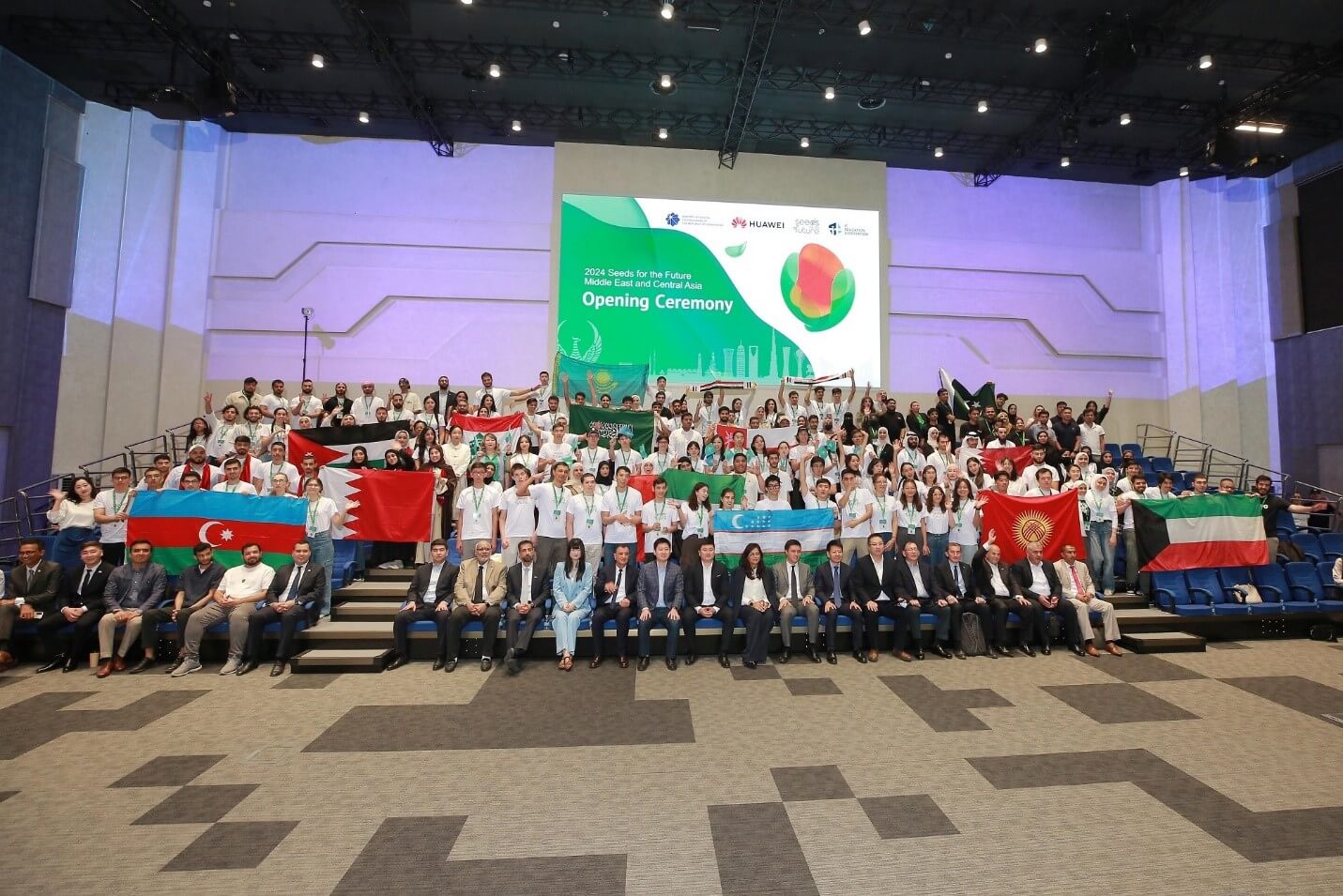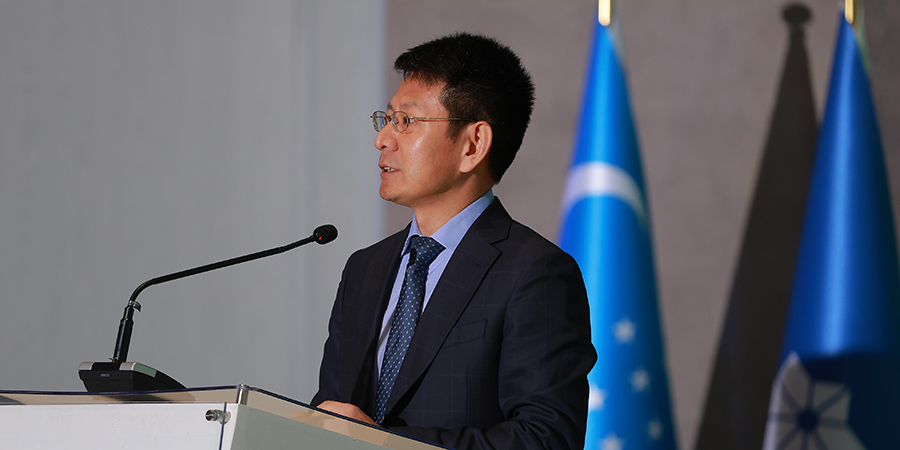The bustling city of Tashkent, Uzbekistan, recently played host to a gathering of young minds united by a shared passion for technology and a vision for a brighter future. These 150 students, representing 14 countries across the Middle East and Central Asia, weren't just attending a conference; they were participating in Huawei's Seeds for the Future program, a flagship initiative aimed at nurturing the next generation of information and communication technology (ICT) leaders and tackling the growing digital skills gap.
As Shunli Wang, Vice President of Huawei Middle East and Central Asia, eloquently stated at the program's opening ceremony, "In today's rapidly evolving technological landscape, developing ICT talent is a priority. The digital skills gap affects both businesses and national economies, affecting economic growth and technological development."
Industry reports paint a stark picture. A 2023 report published by the International Labour Organisation (ILO), the United Nations Children's Fund (UNICEF), and the European Training Foundation (ETF) issued an urgent call to countries in the Middle East and North Africa (MENA) region, encouraging them to invest in education and modernize training systems for the youth. This digital skills gap is not just a concern for businesses struggling to find qualified employees; it's a societal challenge with the potential to widen existing inequalities and limit economic opportunities.
Huawei recognizes the urgency of this issue and has made bridging the digital divide a core pillar of its corporate social responsibility (CSR) strategy. Seeds for the Future, launched in 2008, is a testament to this commitment. The program goes beyond traditional classroom learning, providing participants with immersive experiences designed to cultivate both technical expertise and essential soft skills.
"The Seeds for the Future program is built on four key pillars: Innovation, Digitalization, Sustainability, and Entrepreneurship," explained Wang. "Furthermore, the Tech4Good initiative challenges participants to apply technology for social good. Through this holistic approach, we strive to nurture well-rounded ICT professionals capable of driving digital transformation and addressing global challenges."

This year's program, held in partnership with the Ministry of Digital Technologies of the Republic of Uzbekistan and other key stakeholders, offered a dynamic blend of workshops, lectures, and hands-on projects. Students delved into cutting-edge technologies such as 5G, AI, and cloud computing, gaining insights from industry experts and collaborating on innovative solutions to real-world problems.
The program's emphasis on collaboration extends beyond the classroom. Students had the opportunity to engage with their peers from diverse backgrounds, fostering cross-cultural understanding and building lasting connections that will serve them well in their future careers. This spirit of collaboration was highlighted by Wang, who emphasized the importance of public-private partnerships in driving the ICT ecosystem forward.
"Public-private collaboration is crucial for building the ICT ecosystem in the Middle East & Central Asia and nurturing ICT talent," he stated. Public-private partnerships will enable governments in the region to cultivate new ICT talent to empower the socio-economic growth led by digital technologies. The aforementioned partnerships are vital contributors to governments’ national goals. "Creating the next generation of ICT leaders and driving socio-economic development is a shared responsibility," Wang added.
During the Huawei Seeds for the Future 2024 Regional Final, leaders in ICT from the government and private sector and media representatives gathered for a panel discussion on the future of ICT talent and its pivotal role in shaping future digital economies.
The panel discussion was themed "ICT Talent & Youth Power Driving Digital Innovation & Shaping the Sustainable Future of the ME&CA Region: Public-Private Partnership & Open Collaboration for Shared Success." It featured prominent figures from various sectors, including Karimjonov Rustam, Deputy Minister of Digital Technologies of the Republic of Uzbekistan; Professor Wathiq Mansoor, Dean of the University of Dubai; Nuriddin Samatov, Research Assistant at the Research Institute of Environment and Nature Conservation Technologies; Bunyod Avliyokulov, Programme Analyst on Effective Governance, UNDP Uzbekistan; and Duke Zhang, Vice President of Public Affairs, Huawei Middle East & Central Asia.
The panel successfully facilitated a dialogue on the future of education and digital transformation. The discussion focused on the vital role of open collaboration in nurturing local ICT talent, driving technological innovation, and building sustainable, knowledge-based digital economies in the region.
As the Seeds for the Future program continues to grow, its impact is being felt far beyond the walls of the classroom. The program's alumni have gone on to become entrepreneurs, innovators, and leaders in their respective fields, contributing to the digital transformation of their communities and inspiring others to follow in their footsteps.
In the words of Wang, "To all our talented participants from across the Middle East and Central Asia—you represent the future of our industry. The skills you develop, the connections you make, and the ideas you generate during this program will shape not only your careers but also the technological landscape of our region. Embrace this opportunity, challenge yourselves, and let your creativity shine."
Huawei's Seeds for the Future program is not just about transferring knowledge; it's about planting seeds of hope, innovation, and collaboration that will blossom into a brighter, more connected future for the Middle East and Central Asia.










